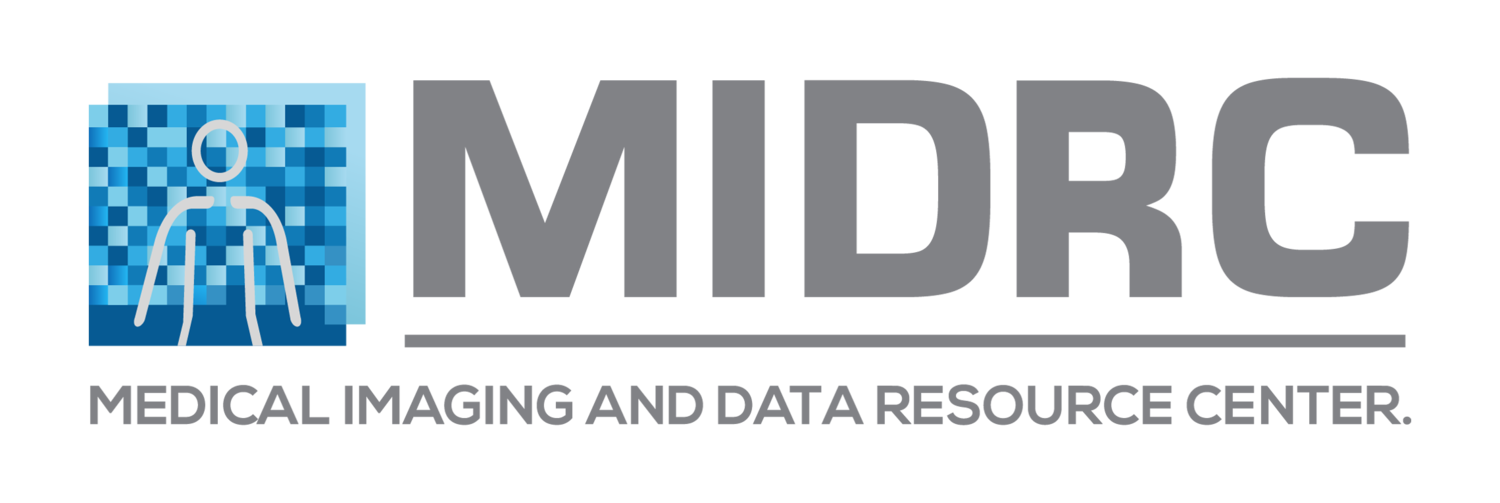MIDRC data representativeness.
Last updated January 21, 2025
As a multi-institutional resource MIDRC aims to accelerate the transfer of knowledge and innovation in medical imaging research enabling reliable medical image analysis AI.
A thorough data collection and curation strategy in data analysis within the MIDRC commons, are critically important to yield reliable AI algorithms.

